Bill Cosby conviction: How prosecutors scored a victory against 'America's Dad'
In Cosby's retrial, the presiding judge allowed testimony from other accusers.
After years of innuendo, allegations and ultimately two criminal trials -- the second of which ended with a guilty verdict Thursday -- Bill Cosby has been convicted on felony sexual assault charges.
The actor and entertainer -- known as "America's Dad" during the 1980s and beyond -- will be sentenced to go to prison later this year.
Here’s how prosecutors from Montgomery County, Pennsylvania, finally did it:
The prosecution team of District Attorney Kevin Steele and assistant district attorneys Kristen Feden and Stewart Ryan appear to have benefited from at least three key factors in which the first trial differed from the retrial.
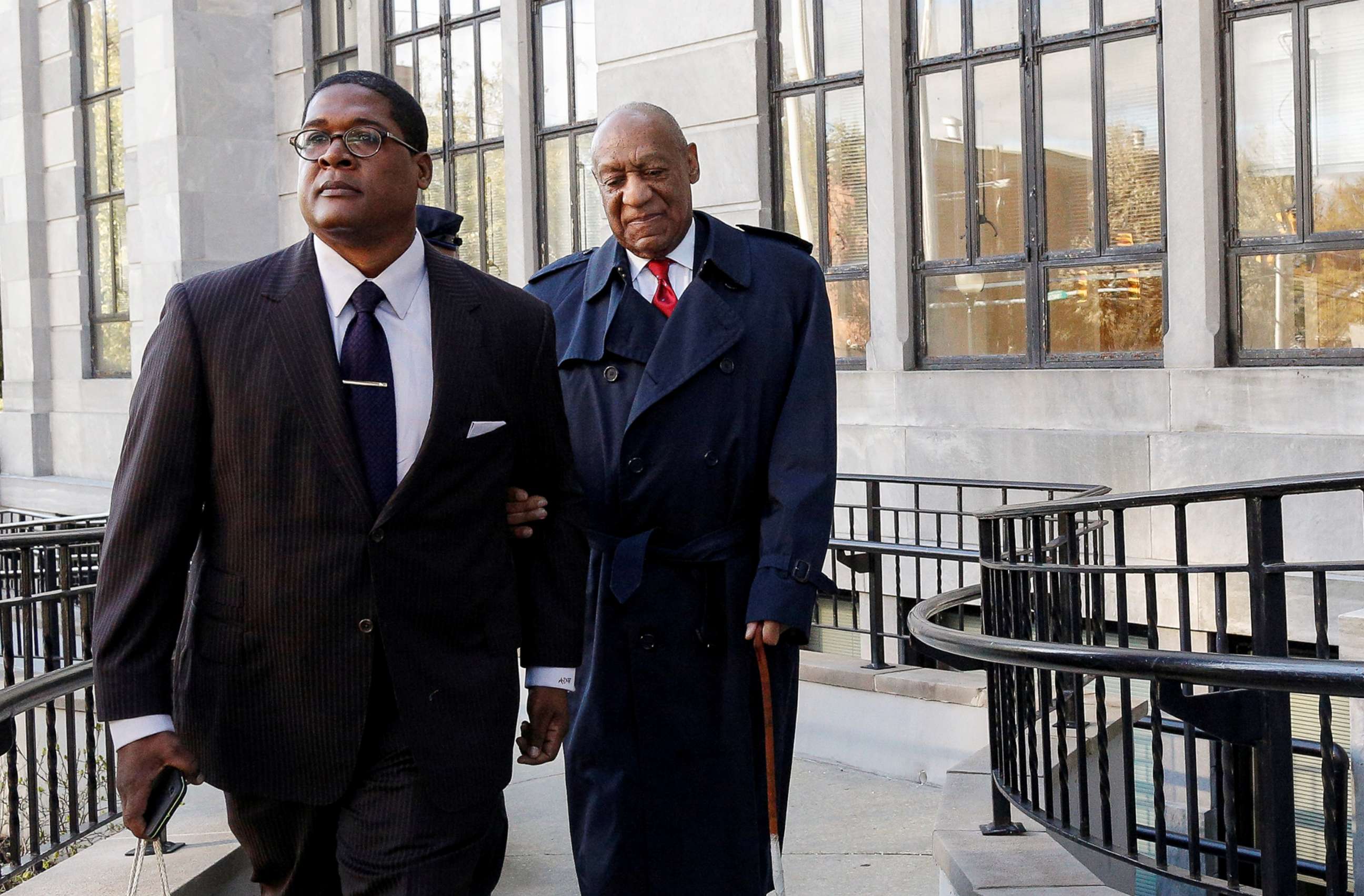
Five additional accusers were allowed to testify in the retrial, versus one additional accuser in the first –- allowing the Commonwealth to demonstrate far more clearly what it has described as a decades-long pattern of alleged abuse by the defendant.
Prosecutors’ savvy use of an effective sexual assault expert as its first witness set the stage for the succession of claims that six women gave on the witness stand about being drugged and molested by Cosby.

The testimony of Dr. Barbara Ziv also seems to have helped inoculate those accounts from relentless attempts by the defense to discredit the women –- for coming forward years after the alleged incidents, for having sometimes hazy memories of the alleged attacks themselves, and for minor and major inconsistencies in their stories.
The retrial unfolded in the looming shadow of the #MeToo movement, a powerful and ubiquitous phrase that was virtually unknown during Cosby’s first trial.
Between the first hung jury and the start of the retrial, some of the biggest and most respected male stars in Hollywood, media and the arts were felled when multiple accusations of sexual harassment and assault drove them from their lofty perches into a new and devastating kind of public disgrace.
Finally, the prosecution appears to have benefitted from a gross miscalculation by the defense, which took a ferocious approach to impeaching both the women who testified and the #MeToo movement as a whole.
“The Most Important Ruling”
Prosecutors won a major pre-trial victory in March when Judge Steven T. O’Neill, who also oversaw the first case, ruled that five additional women with similar accounts to Andrea Constand -- that they were drugged and molested by Cosby -- could testify. In the first trial, he only allowed one additional accuser to testify.
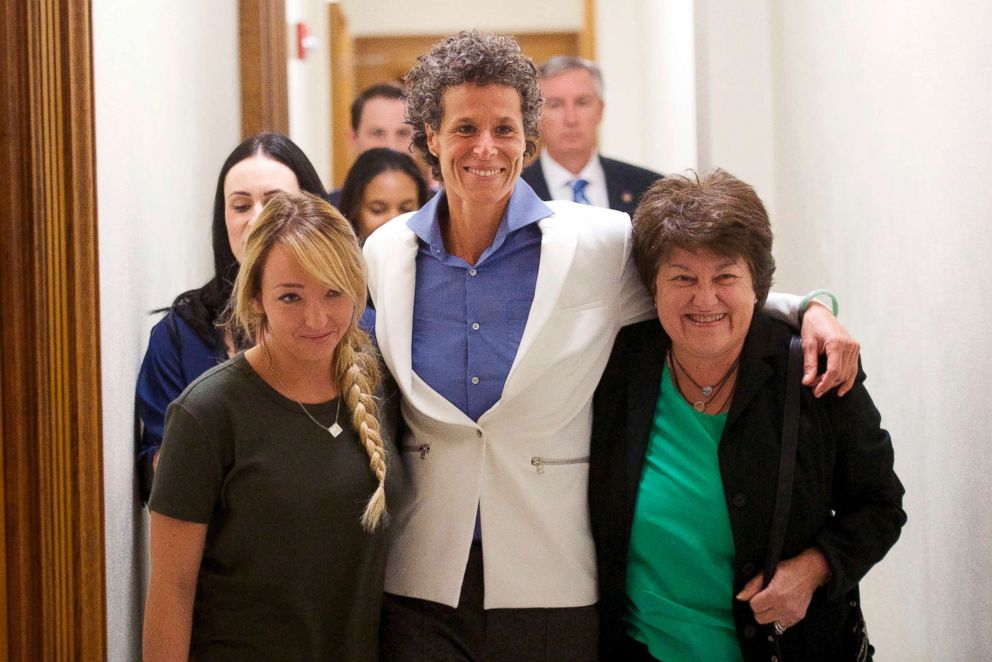
Normally, prosecutors cannot introduce evidence of prior bad conduct from other cases because it could be prejudicial in the eyes of the jury. But Pennsylvania law allows for exceptions if such evidence establishes a modus operandi or common scheme to each alleged assault.
Prosecutors argued the need to demonstrate to the jury a specific pattern of behavior they believe underscores the similarities between nearly all of the dozens of accusers they interviewed and the account of Constand.
O’Neill had to weigh the value to the jury of hearing additional evidence from other accusers with similar stories against the prejudicial effect the new witnesses could have on the defendant.
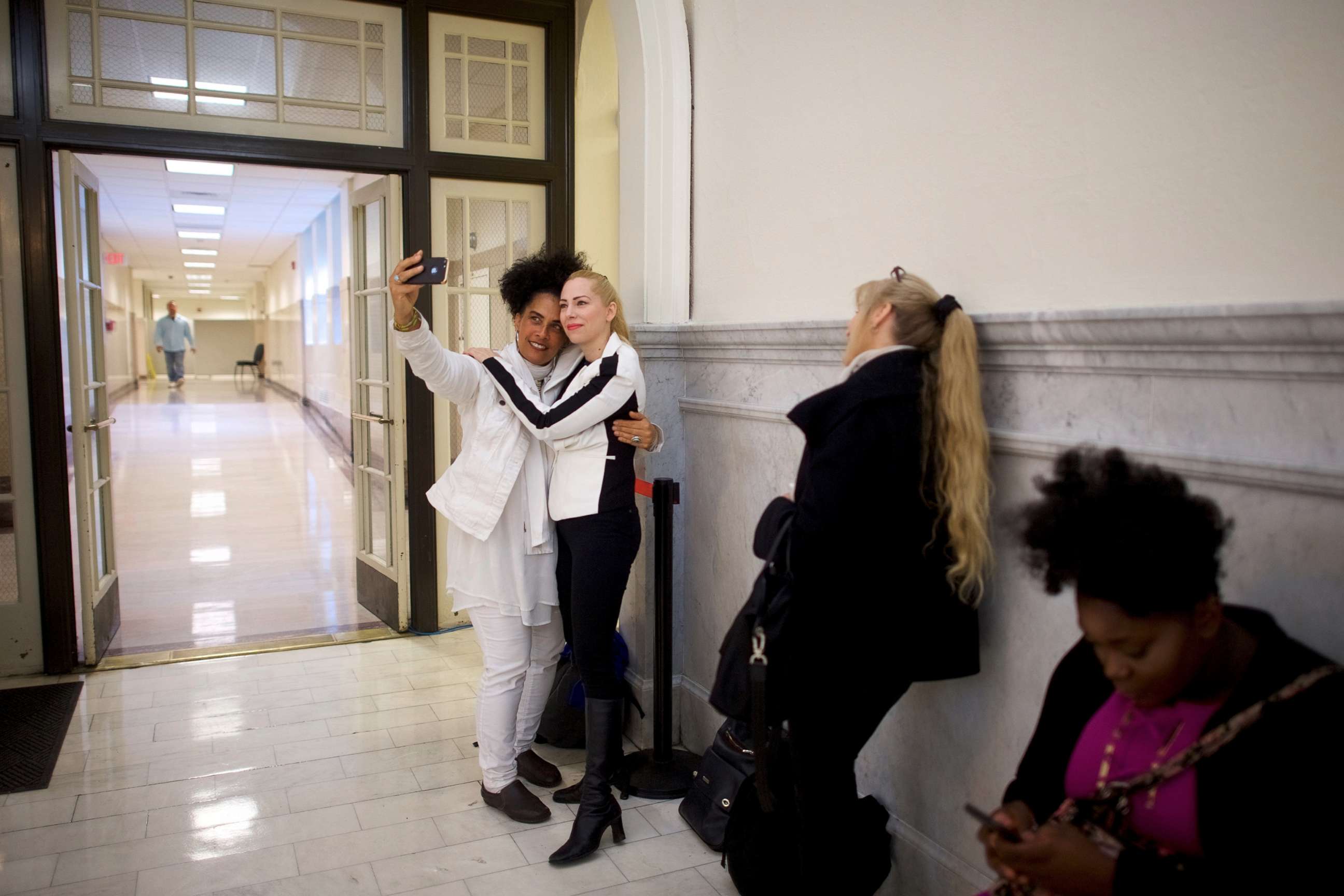
Legal experts described O’Neill’s decision as a game-changer.
“It was the most important ruling in the first trial, and ... the most important ruling in the second trial,” Steve Fairlie, a former Montgomery County prosecutor, told ABC News.
In another new strategy employed in the retrial, prosecutors called as their first witness Dr. Barbara Ziv, an expert in sexual assault who outlined for jurors how the majority of sexual assault victims in the U.S. tend to display counter-intuitive behavior to other types of crime victims. It can be confused by observers and prompt them to doubt the victims’ stories, she said.
Ziv testified that the majority of victims in the U.S. fail to make timely reports, are often fuzzy on details and facts, often do not fight back, and are known to maintain contact with their attackers after the assault.
“Most of what people believe, the most common knowledge, about sexual assault is wrong,” she testified earlier this month.
Women don’t tend to report such attacks, she said, because “there’s shame involved, there’s a sense of culpability,” Ziv said from the stand. “It’s talking about the most private areas of their life. Women do not talk about sex, consensual sex, very often to very many people.”
That testimony appears to have inoculated jurors against defense attacks on the credibility of the additional five accusers.
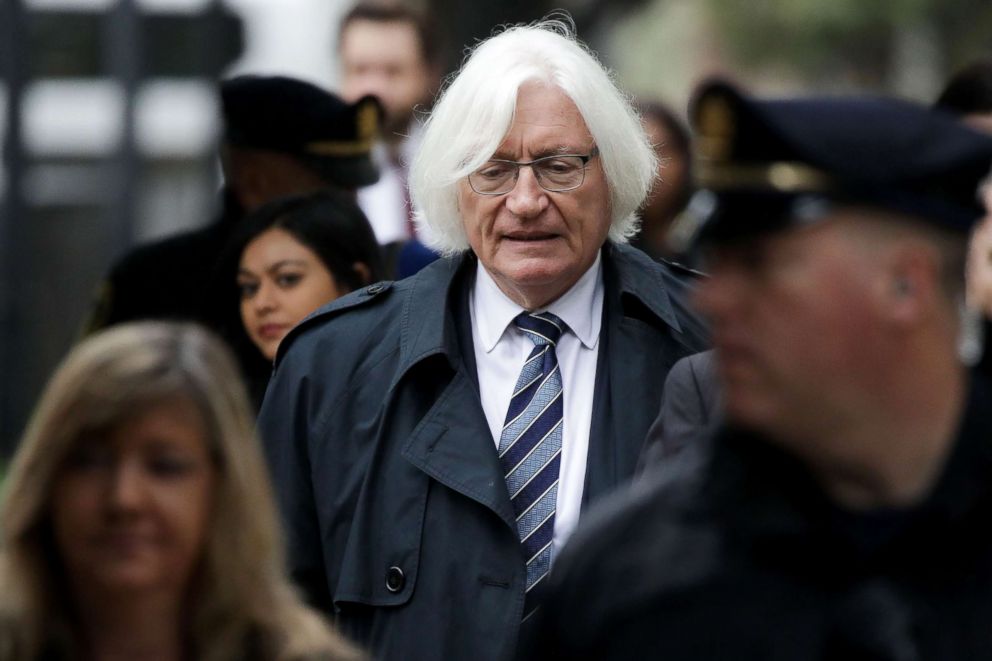
Recognizing this, defense attorneys in closing arguments took #MeToo head-on in a blistering attack on both the movement, the additional accusers and Dr. Ziv. They banked on a backlash to the #MeToo movement against the abuse and sexual harassment of women, describing it as a mob mentality “based primarily on emotion and anger.”
“When you join a movement based primarily on emotion and anger, you don’t change a damn thing,” defense attorney Kathleen Bliss told jurors.
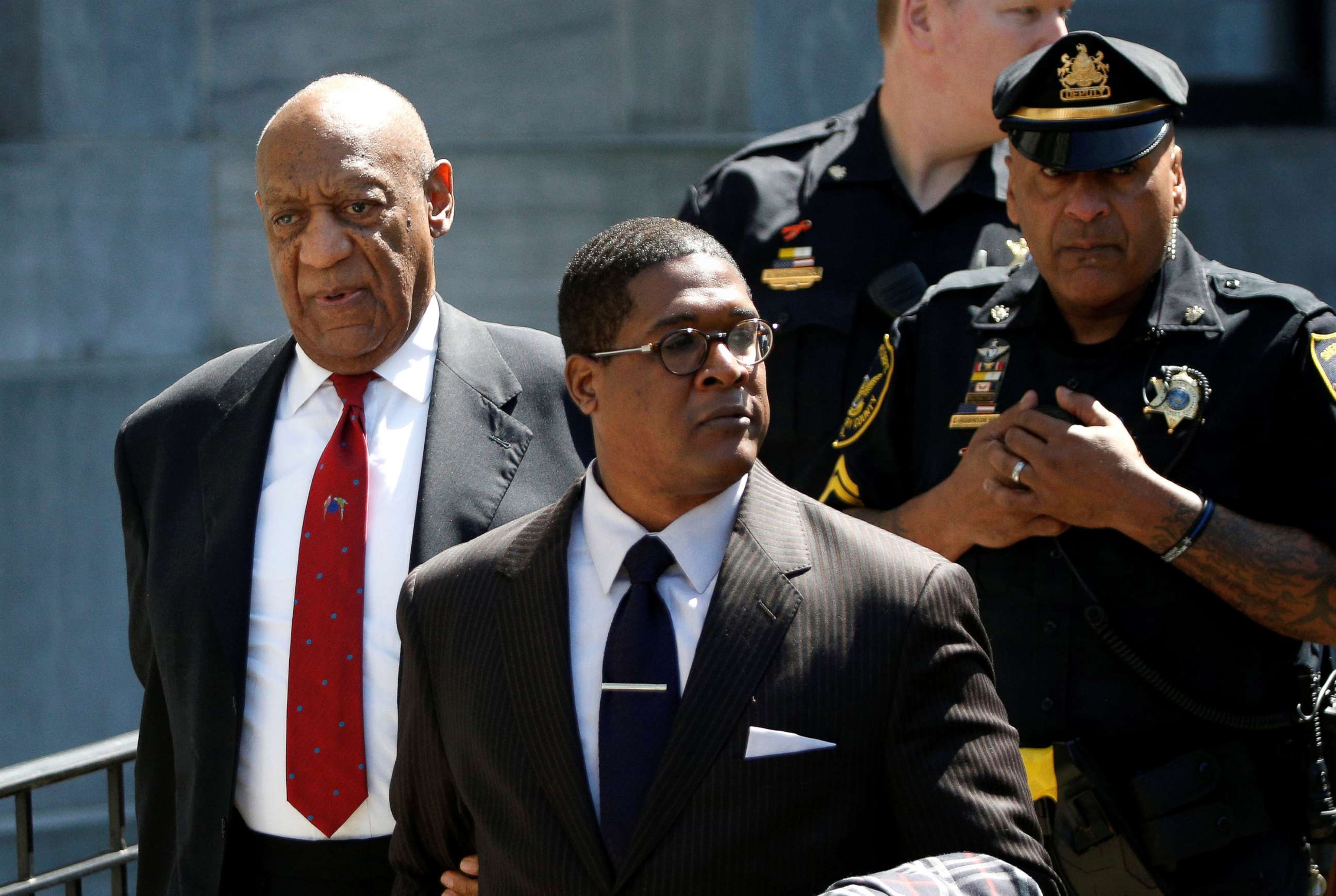
And one by one they took aim at the five additional accusers, especially former model Janice Dickinson, whom Bliss described as a “failed starlet” and an “aged-out model” and mused that it sounded “like she slept with every man on the planet.”
The Night Of...
One of the most striking and overlooked aspects of both trials is not what divided the prosecution's and defense attorneys' arguments, but rather the facts upon which they agreed.
Both sides stipulated that on a night sometime in or around early 2004, Constand visited Cosby at his suburban Philadelphia estate, that Cosby handed her three pills he referred to as “friends,” and that Constand ingested them.
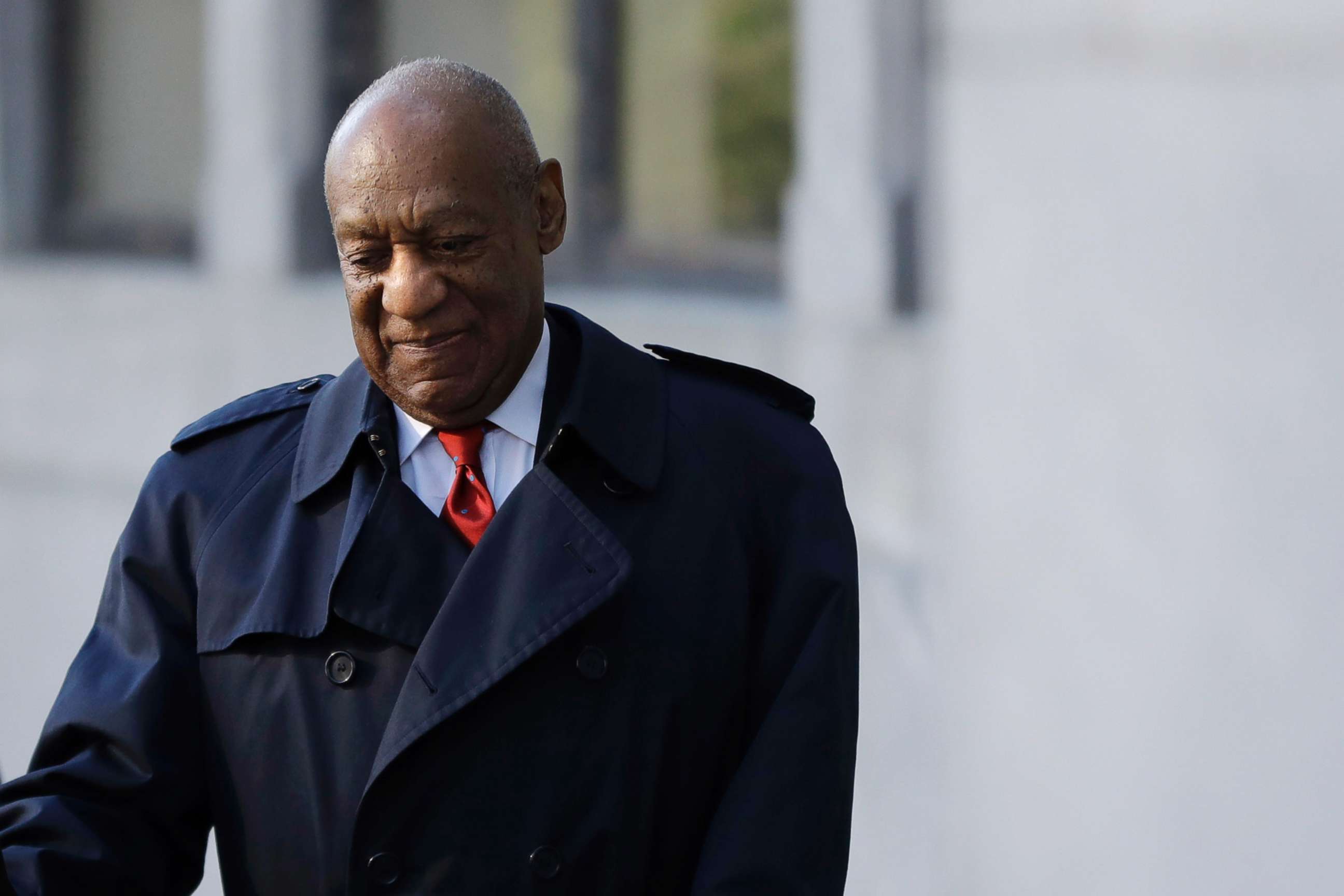
Both sides agreed that Constand grew dizzy, uncomfortable and sleepy, and that Cosby led her to a couch and laid her down.
They also agreed that Cosby penetrated her with his fingers and used her hand to masturbate himself, and that afterward he left her on the couch and went upstairs to bed.
From there, the two sides diverge sharply.
Cosby’s attorneys described the incident as part of a consensual, if unorthodox, romantic relationship.
Prosecutors said the entertainer viciously drugged and incapacitated Constand before raping her and leaving her passed out on the couch with her bra around her neck and her clothes disheveled before heading upstairs to bed.




